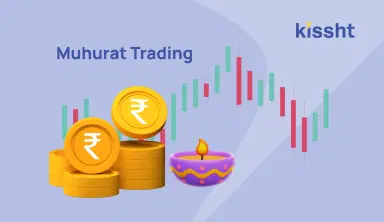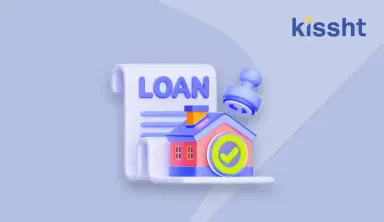What Is Personal Loan Prepayment and How Does It Work?

When people borrow a personal loan, they usually focus on the monthly installments and the personal loan interest rate. But few think ahead about what happens if they want to repay the loan before the tenure ends. This is where personal loan prepayment becomes important. Prepayment can save borrowers money, but it also comes with conditions, charges, and strategies that must be understood clearly.
This guide explains everything about prepayment of personal loans—what it is, how it works, and when it is beneficial for you.
Understanding Personal Loan Prepayment
Prepayment refers to paying off your loan amount in part or in full before the agreed tenure. When you make a prepayment of personal loan, you reduce the outstanding principal earlier than scheduled, which in turn reduces the interest burden.
There are two types of prepayments:
- Part Prepayment of Personal Loan
- This is when you pay a portion of the outstanding loan over and above your regular EMI.
- For example, if your monthly EMI is ₹12,000 and you receive a yearly bonus of ₹1,00,000, you may choose to use that money to reduce your principal.
2 Full Prepayment or Foreclosure
- This is when you repay the entire outstanding balance before the loan tenure ends.
- It is also referred to as personal loan pre-closure.
Both approaches help reduce the interest outflow, but they work differently depending on your loan stage, repayment capacity, and financial goals.
Why Do People Consider Prepayment?
The main reason is savings. Since personal loans are unsecured, the personal loan interest rate is usually higher than that of secured loans. Reducing the interest payout early can be a smart financial move. Other reasons include:
- Debt-free living: Repaying early gives peace of mind.
- Lower long-term costs: Less outstanding balance means less interest.
- Improved credit profile: Timely prepayment reflects positively in your credit history.
- Utilizing surplus funds wisely: Instead of letting idle money sit in a low-interest savings account, it can be used to reduce expensive debt.
How to Calculate Savings on Prepayment
Before making any prepayment, it is essential to understand the actual savings. This is where a personal loan calculator helps. By entering your principal, tenure, interest rate, and prepayment amount, you can estimate:
- How much interest you will save
- How much the EMI or tenure will reduce
- Whether the prepayment charges are justified
For example, if your loan has a tenure of 5 years with an EMI of ₹15,000, and you decide to make a lump-sum payment in year 2, a calculator will clearly show you how much interest you save versus continuing as planned.
Prepayment Charges and Conditions
Banks and lenders often impose fees for early repayment. These are known as personal loan pre-closure charges. The logic is simple: when you repay early, the lender loses out on the future interest they would have earned.
Here are some key points to keep in mind:
- Charges usually range between 1% to 5% of the outstanding principal.
- Some lenders allow personal loan without prepayment charges after a certain period.
- Prepayments are often not permitted in the first few months (usually 6 to 12 months) of the loan.
- Always read the loan agreement to understand the specific conditions.
Benefits of Prepayment
Prepayment can be highly beneficial if done at the right time. Let’s look at the major advantages:
- Interest savings: Prepaying early in the tenure saves more, as most of the EMI initially goes toward interest.
- Faster debt clearance: Achieving financial freedom earlier than expected.
- Improved eligibility for future credit: Being debt-free allows you to apply for a loan again if needed.
- Mental relief: Reducing liabilities creates a sense of security.
When Prepayment May Not Be Ideal
While prepayment often sounds appealing, it is not always the best move. Consider avoiding prepayment if:
- Charges are higher than savings: If your personal loan pre-closure charges outweigh the interest you save, it may not be worth it.
- You have other high-interest debts: Prioritize paying off credit card dues or short-term loans with higher interest.
- You lack emergency savings: Using all your surplus funds for prepayment can leave you vulnerable during financial emergencies.
Step-by-Step Process of Prepayment
If you decide to go ahead, here’s how to manage your personal loan prepayment:
1. Review the agreement: Check eligibility for prepayment and charges involved. 2. Contact your lender: Get clarity on documentation and request a prepayment quote. 3. Use a loan calculator: Understand the exact savings and revised EMI schedule. 4. Arrange funds: Ensure you are not draining your emergency reserves. 5. Make the payment: Submit the required amount via cheque, online transfer, or direct debit. 6. Obtain acknowledgment: Always ask for a statement reflecting the revised balance or loan closure.
Practical Tips Before Making Prepayment
- Monitor your repayment behaviour to understand the impact on your financial profile.
- If planning part prepayment, aim to do it early in the loan tenure.
- Instead of one large prepayment, some borrowers prefer multiple smaller part payments aligned with bonuses, incentives, or windfalls.
- Reassess your overall financial goals before deciding whether prepayment aligns with your investment plans.
Role of Instant Loans and Prepayment
Today, with the availability of instant personal loan options through digital platforms, borrowing has become easier. But easy borrowing also means it’s crucial to have a repayment strategy in place. Prepayment ensures that while you benefit from quick access to funds, you do not stay burdened with interest costs longer than necessary.
FAQs
Q1. What is the difference between prepayment and foreclosure?
Prepayment can be partial or full repayment made before the end of the tenure. Foreclosure specifically refers to paying off the entire outstanding loan amount before the agreed term ends.
Q2. Is it better to prepay early in the tenure or later?
It is more beneficial to prepay early in the loan tenure, as this is when interest forms a larger portion of your EMI.
Q3. Are prepayment charges negotiable?
In some cases, loan providers may agree to reduce charges, especially for long-term customers with a strong repayment history. It is always worth asking.
Q4. Can I prepay my personal loan online?
Yes, most lenders allow prepayment through online platforms. You can initiate the request, transfer funds, and receive updated statements digitally.
Q5. Does prepayment affect my credit score?
Prepayment generally has a positive effect on your credit score, as it shows financial discipline and reduces overall liabilities.

Instant Loans at Your Fingertips
Personal Loan
Fast, hassle-free loan for your personal needs.

Business Loan
Fuel your business growth with quick approvals.

Loan Against Property
Unlock your property’s value with ease.

Credit Pulse
Boost your credit score with smart insights.

Track your credit score
Simply enter your mobile number to get a quick overview of your credit score.
Check Now
Related articles
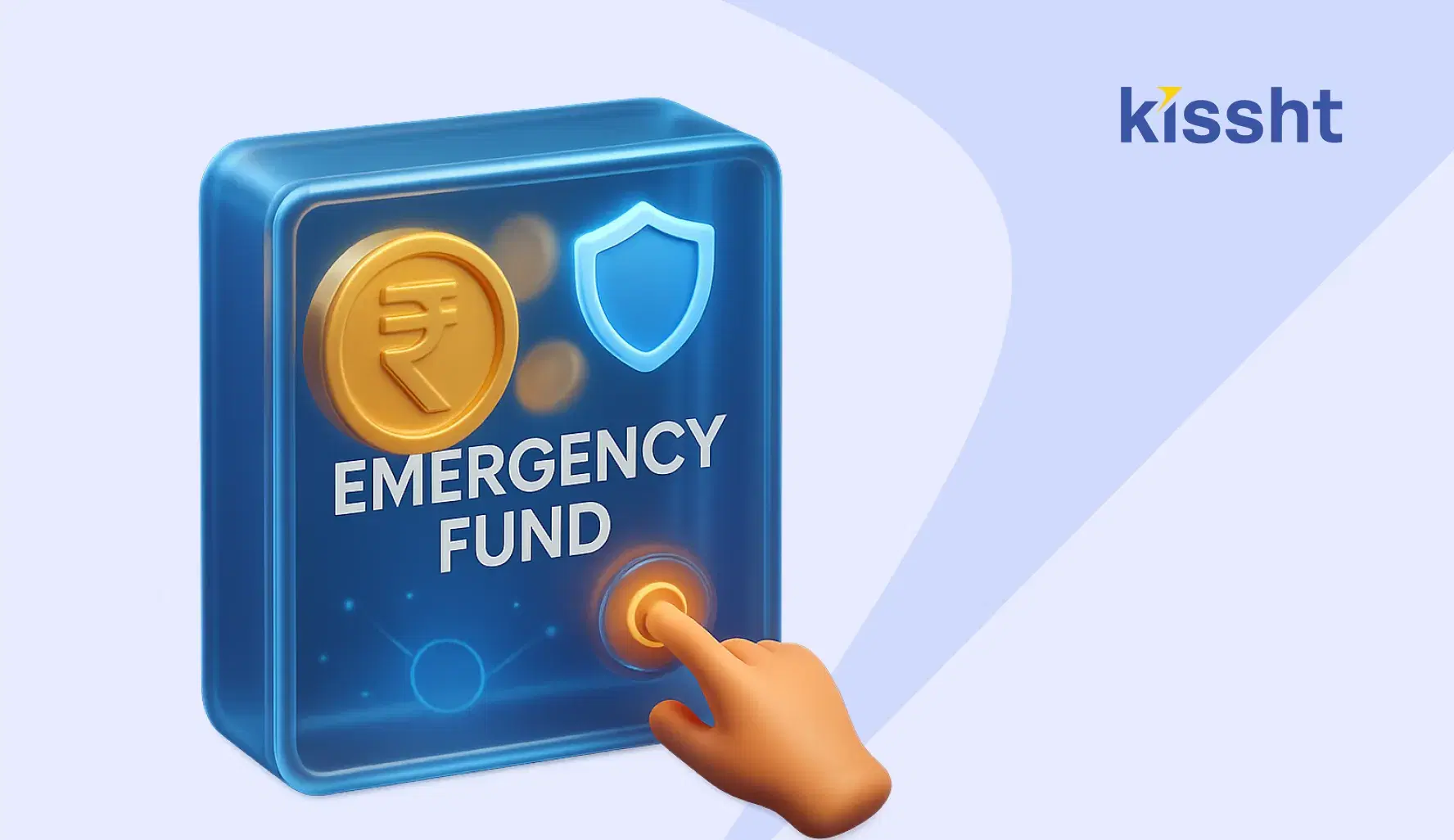
Oct 19, 2025
Emergency Fund Planning: Step-by-Step Guide for Beginners

Oct 10, 2025
NBFC vs Bank Personal Loans: Which One Should You Choose?
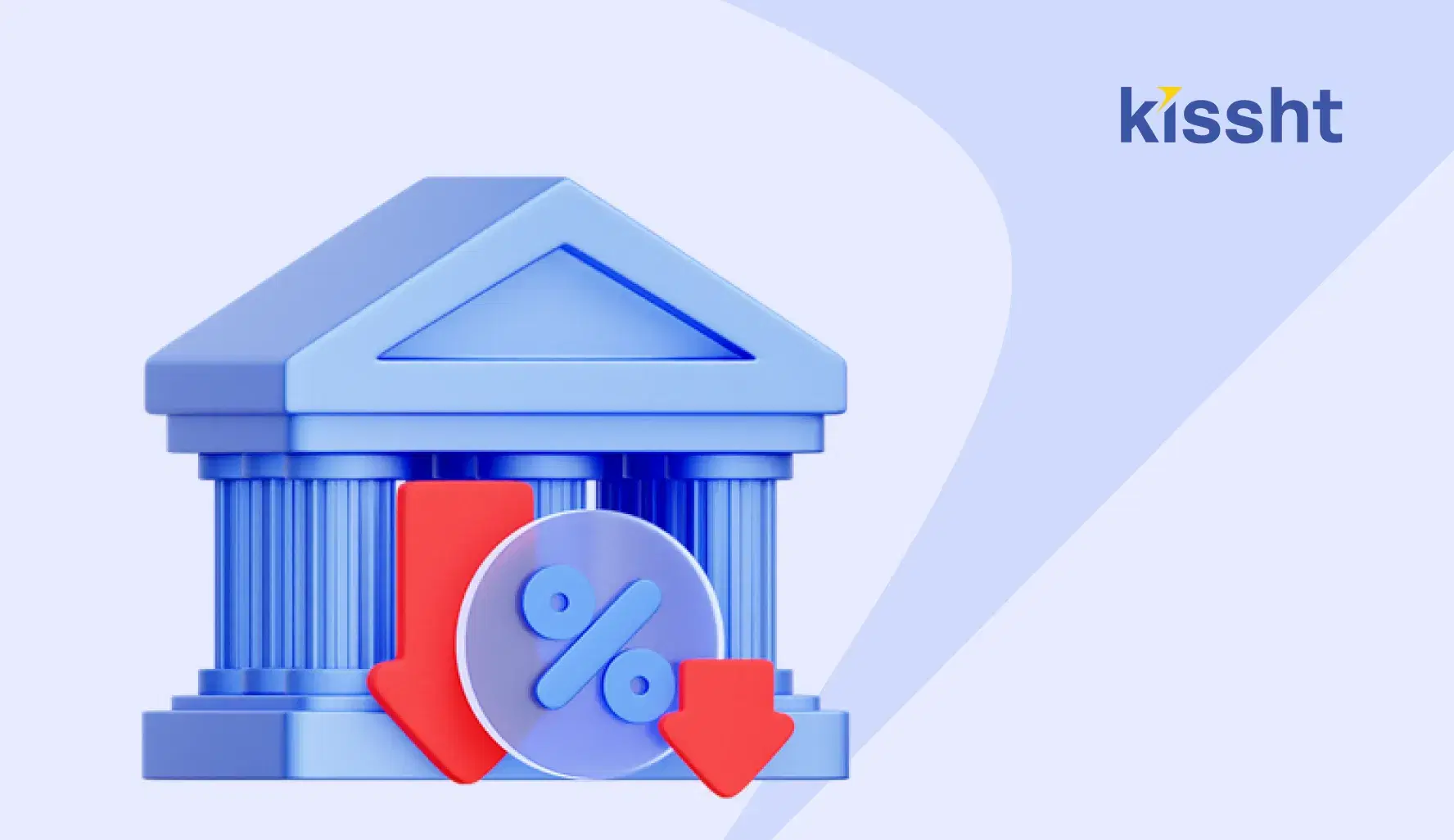
Oct 10, 2025
Tips to Get Low Interest Rate Personal Loans

Oct 07, 2025
How to Get a Personal Loan Without a Salary Slip
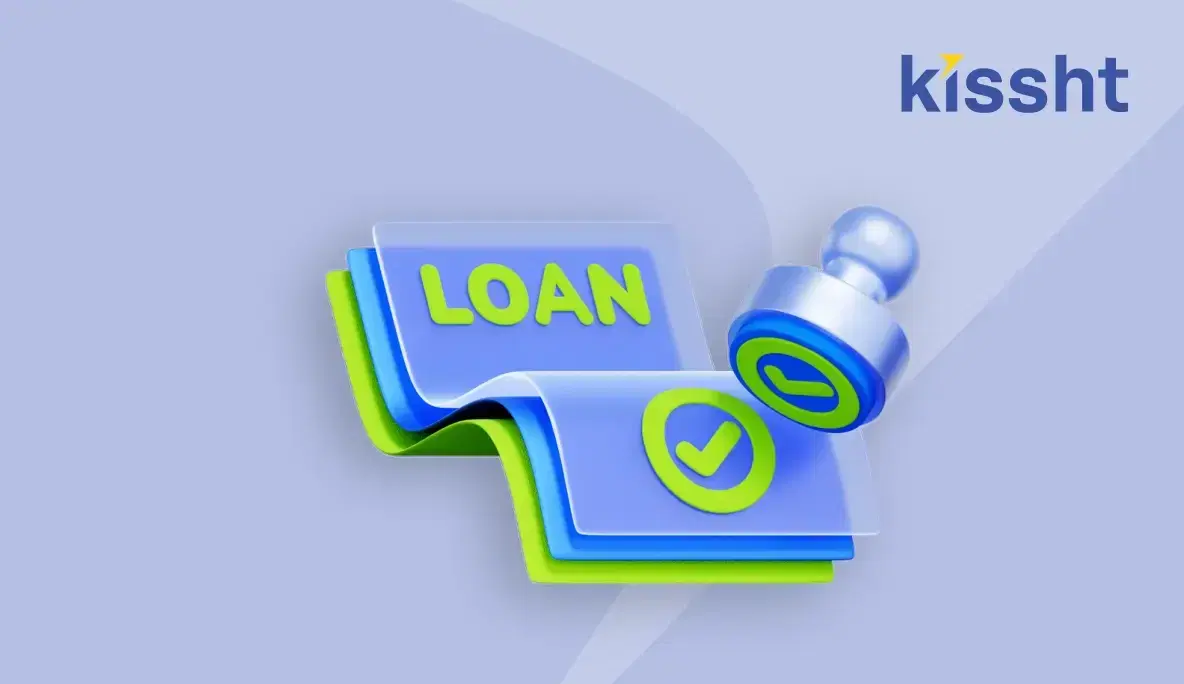
Sept 11, 2025
Mini Loans Explained: How Small Personal Loans Can Help in Emergencies

Sept 2,2025
पर्सनल लोन क्या है - अर्थ, प्रकार और कैसे प्राप्त करें

May 6, 2025
Top 10 Reasons to Get a Personal Loan in 2025

May 6, 2025
How Much CIBIL Score Required for Loan Approval?

May 6, 2025
